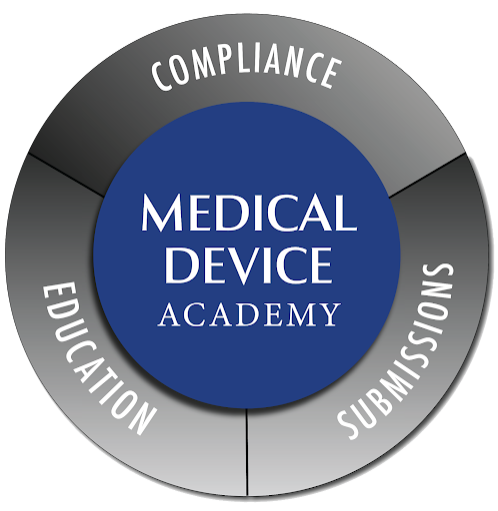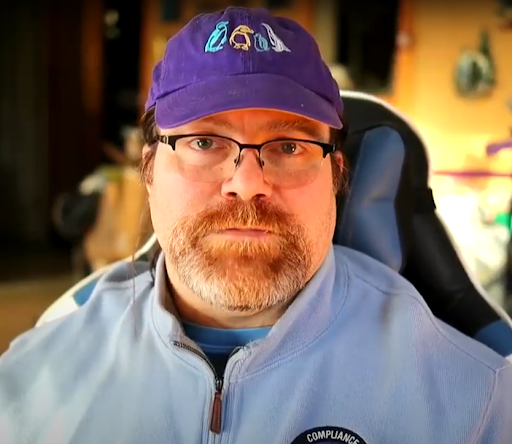Guiding Innovation to Market: How Medical Device Academy is Empowering the Next Generation of Life-Saving Solutions

In the world of healthcare innovation, breakthroughs often begin with a visionary entrepreneur holding a single brilliant idea. For many of these inventors, the challenge is not only in designing a product that can transform lives, but in navigating the labyrinth of regulations and approvals that stand between their device and the patient it is meant to serve. This is where Rob Packard and his company, Medical Device Academy, step in.
Packard founded the Medical Device Academy in 2014, officially beginning operations the following year after leaving his post as an auditor at a UK standards company, working with some of the most renowned medical device companies. With more than a decade of experience and the lessons earned from years of travel, sacrifice, and learning in the most demanding regulatory environments, he launched the firm with a mission rooted not in volume of billable hours, but in impact. "I could run my own medical device company and bring one product to market," he reflects. "But by helping entrepreneurs, I can help a hundred companies every year reach the finish line."

That focus on multiplying impact is the company's defining characteristic. Medical Device Academy specializes in helping startup medical device companies, including firms that often have a patent, a prototype, or a vision but lack the expertise or resources to navigate regulatory hurdles.
With a continually growing portfolio of clients, Packard and his team guide innovators through the regulatory submission process in markets across the US, Canada, Australia, the UK, and Europe. Packard notes that their process could take up to one year or more, which is why starting the process early becomes imperative. "Most companies wait too long to seek help," Packard says. "The best time is just before testing begins. That's when we can forge a better testing plan, help save them money, and aim to prevent mistakes that could sink the business entirely."
Packard uses the word "Forge" intentionally. To him, it is an iterative process that ensures innovators enter the market with precision. Over the course of his career, Packard emphasizes that he has seen every mistake that can be made. In turn, he has built a business designed to help others avoid them.
And that ethos has generated tangible results, from orthopedic and cardiovascular devices to dental innovations and digital therapeutics, the Academy's portfolio spans every facet of medicine. Some products make lives easier, others are curated to save them.
Medical Device Academy's growth reflects both expertise and accessibility. What began with Packard writing blogs in a cold Vermont garage has evolved into a global consultancy powered by training, webinars, and a YouTube channel where Packard shares insights with thousands of professionals.
"People recognize me now from the videos," he says. "In regulatory affairs, I'm a recognized person in one of the most boring topics on the planet." That humility is paired with transparency, a value Packard inherited from his grandfather, a Quaker who believed fairness and openness were the foundation of trust. Unlike competitors who charge opaque legal fees, Medical Device Academy publishes its pricing openly, ensuring startups know exactly what they will pay.
Yet perhaps what sets the company apart the most is its culture. After years of grueling travel schedules, Packard built the Medical Device Academy to operate remotely, giving employees autonomy over their hours and location. "Health first, family second, clients third," he emphasizes, a philosophy that has attracted a team where the majority are women balancing careers with raising children.
A decade into its journey, the company's size remains intentionally small, but its impact is outsized. With a steady pace of clients per year, his goal is to shepherd at least 2,000 devices to market before retirement. It is a number that represents more than commercial success. It represents thousands of chances to extend lives, improve care, and prove that even in the most complex systems, guidance rooted in experience and integrity can make all the difference.
For Packard, the satisfaction does not lie in recognition but in witnessing ideas come alive in the marketplace. "Everyone has brilliant ideas," he says. "I can't change the world with just my own. But if I can help a hundred people each year bring their brilliant ideas forward, that's how we change the world together."
© Copyright IBTimes 2025. All rights reserved.



















